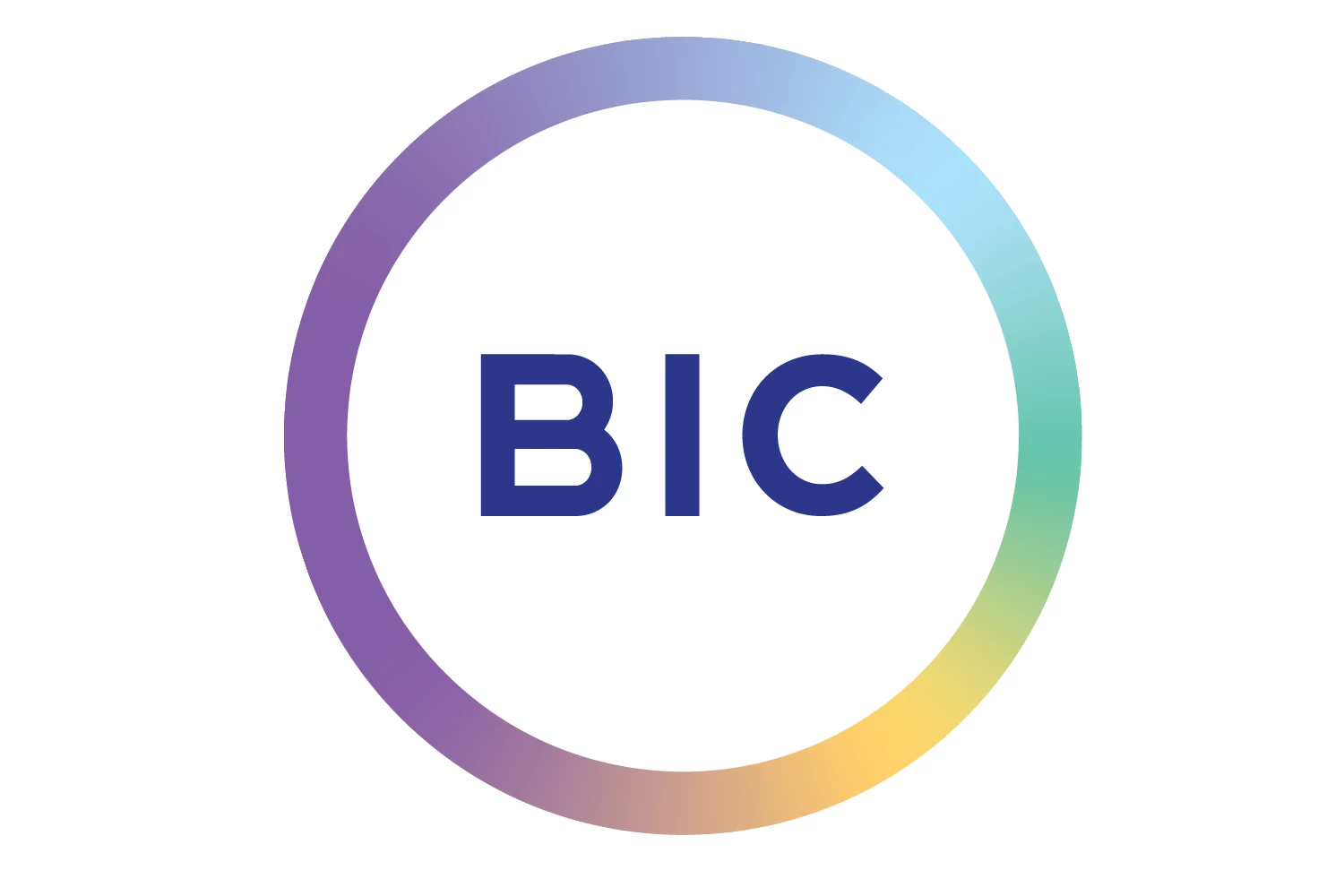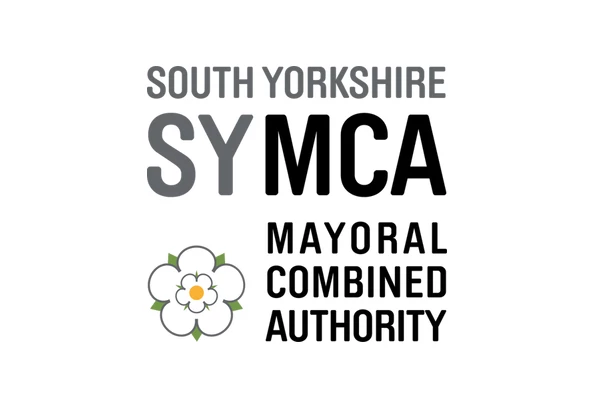
Member Article
Stress-related absence up 64% in 2020 as COVID-19 exacerbates the UK’s mental health crisis
-
Healthcare tops the charts with a 145% increase in the amount of stress-related absence over 2019
-
Effects of Brexit uncertainty also felt in Government and International Affairs, ranking second in sector report for stress-related appointments
-
Presenteeism continues to plague businesses with almost two thirds of employees revealing they’ve worked whilst ill during the pandemic
‘Stress by Sector’ data released by e-days today reveals concerning statistics that stress-related appointments are up generally in business by 64% over 2019. The data shows that the sectors struggling most with stress-related sickness are unsurprisingly healthcare (0.64 days of stress related absence on average per employee), followed by Government and International Affairs (0.57 days on average per employee) and Human Resources and staffing (0.39 days on average per employee).
Unfortunately, the industries topping the charts for stress-related absences are those that have been particularly affected by the events of the past few months. With a 146% increase in days of stress related absence per user year on year, healthcare has of course been at the frontline of the pandemic and faced a continued and evermore pressured working environment.
Similarly, those working in Government and International affairs have navigated a tumultuous few months. In addition to the global health pandemic, dealing with Brexit planning in an already highly pressurised environment has seen an increase of 39% in stress-related leave year on year.
An additional area of concern highlighted in this report is the surprisingly high placing on this list for HR and Staffing professionals. This is an industry with a key focus on promoting wellbeing amongst the workforce but had the third highest rating and a 70% increase in stress-related leave per user year on year. It’s an industry that saw a huge increase in workload throughout 2020 as it navigated the implications of multiple lockdowns on the worldwide workforce.
Additional e-days data indicates that cancelled leave due to postponed holidays and cancelled engagements doubled in 2020. This in itself has increased administration and presented logistical challenges for HR and Staffing.
“Whilst the rapid rise in stress-related appointments is alarming it is sadly not surprising, but with HR leaders also struggling, we must recognise there is a perfect storm going on,” said Steve Arnold, CEO of e-days. “What we do have within our control is looking after people when they do need to book absence but are working remotely. We have to build a company culture which shouts ‘Absence Matters’ and do away with the fear of appearing lazy or unable to cope. The truth is during this pandemic the majority are probably working more than ever, and HRs themselves need to call in support services to help.”
Dr Kate Bunyan, Chief Medical Officer, Doctor Care Anywhere added: “Businesses need to ask themselves what they can do to support their employees through stress or sickness and ensure employees know that it is no longer is it a badge of honour to work whilst sick. There should be a clear procedure in place to support employees and fast track them to the necessary support services before the situation worsens. Employees who choose to work when unwell are negatively impacting their own health, and in turn their colleagues and the business will suffer too. Without direction staff will be unsure as to how best proceed when sick and continue working. Especially during current circumstances business leaders need to be wise to this, and properly support their workforce.”
Of further concern, data also shows that almost two thirds of workers worked from home during the pandemic whilst sick – showing that presenteeism remains a huge issue. The combination of anxiety and stress and risk of burnout of working whilst ill presents huge issues for businesses trying to maintain employee wellbeing. This is supported by further research that highlights the impact to the wider team when individuals choose to work whilst unwell, with data showing that in 2019, 35 productive days were lost per employee to presenteeism. In comparison to illness-related absenteeism, presenteeism is far more costly to business. Studies have found that presenteeism productivity loss resulting from depression and pain are about three times more than absenteeism productivity loss. This highlights that employees who choose to work through illness are less focused, productive, and efficient at their jobs, than those that choose to take a day or two off to rest.
This was posted in Bdaily's Members' News section by Edays .



 How advancements in technology are shaping the future of the economy in North East England
How advancements in technology are shaping the future of the economy in North East England
 South Yorkshire Craftsmanship and Innovation: A Tale of Heritage and Growth
South Yorkshire Craftsmanship and Innovation: A Tale of Heritage and Growth
 Demystifying Degree Apprenticeships
Demystifying Degree Apprenticeships
 Industry-focused apprenticeships pave the way for a bright future in science manufacturing
Industry-focused apprenticeships pave the way for a bright future in science manufacturing
 What’s the best hosting plan for a business website?
What’s the best hosting plan for a business website?